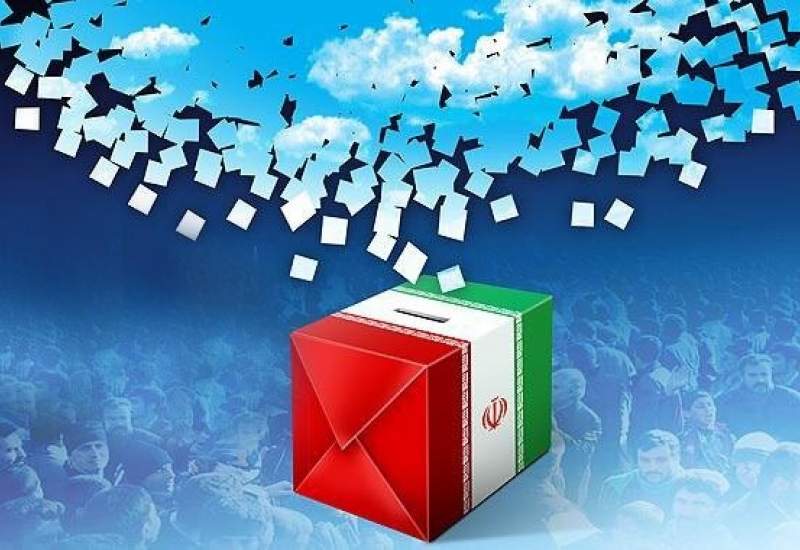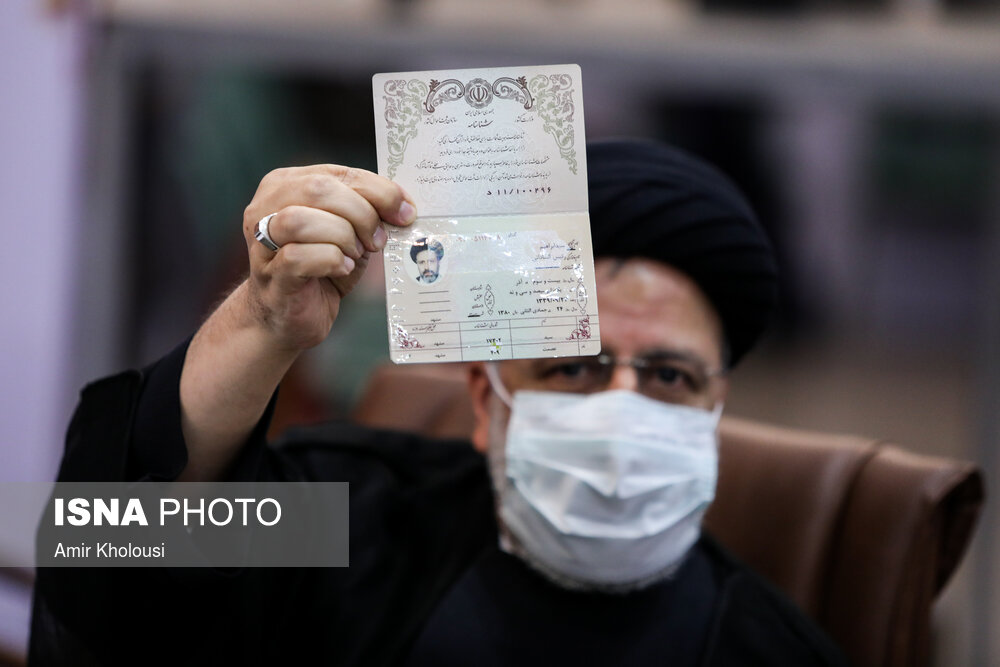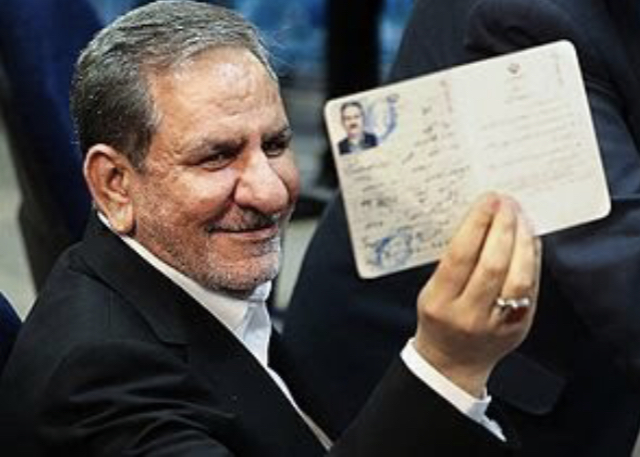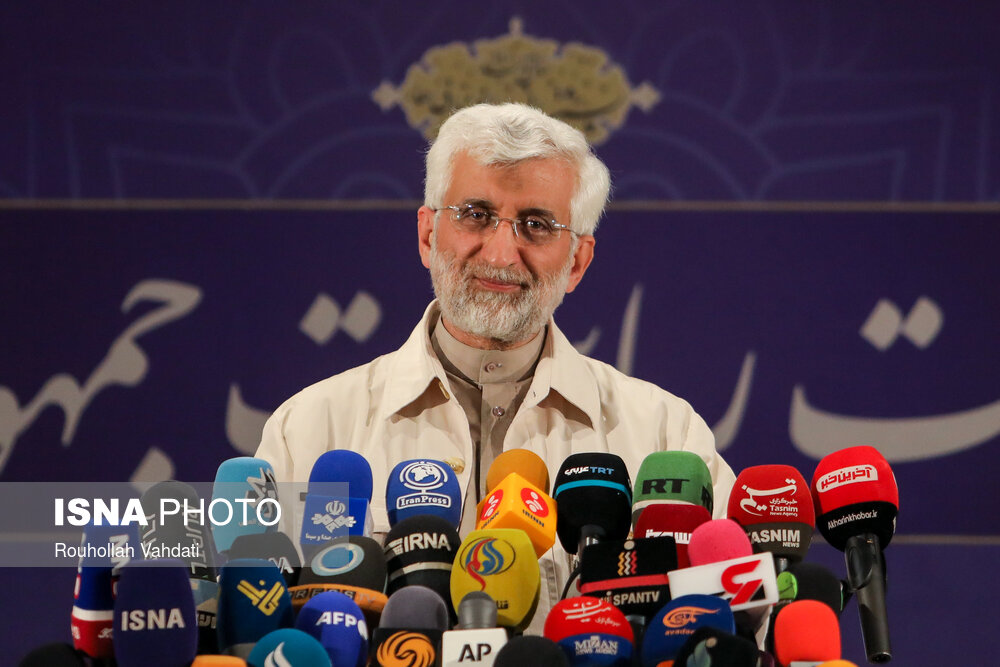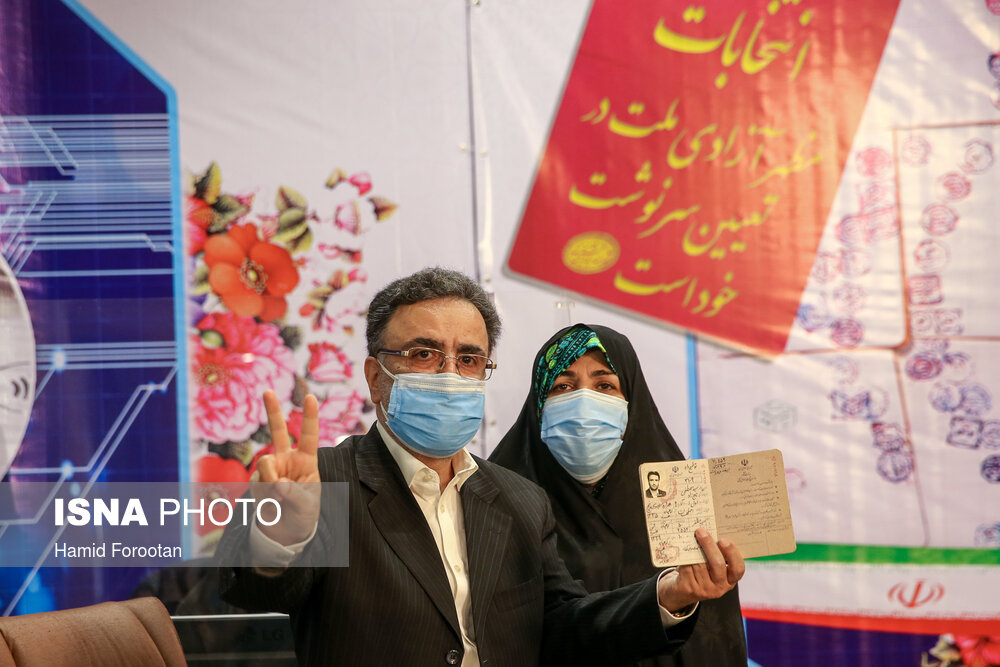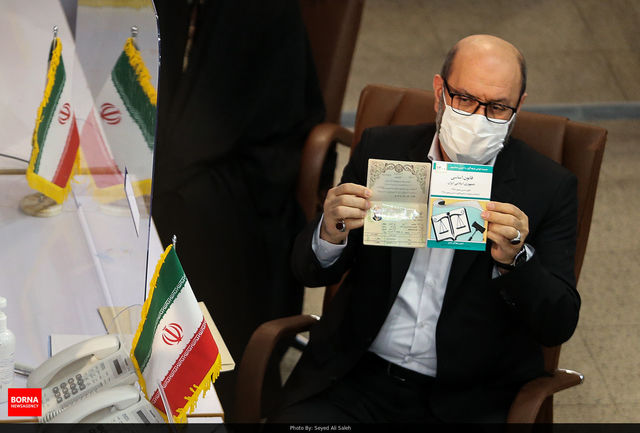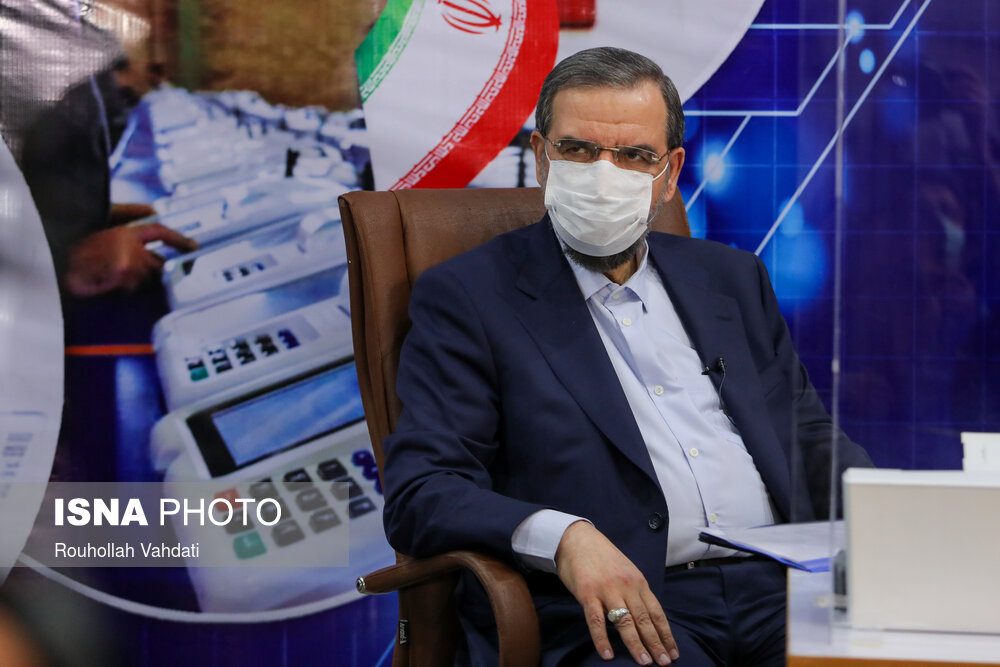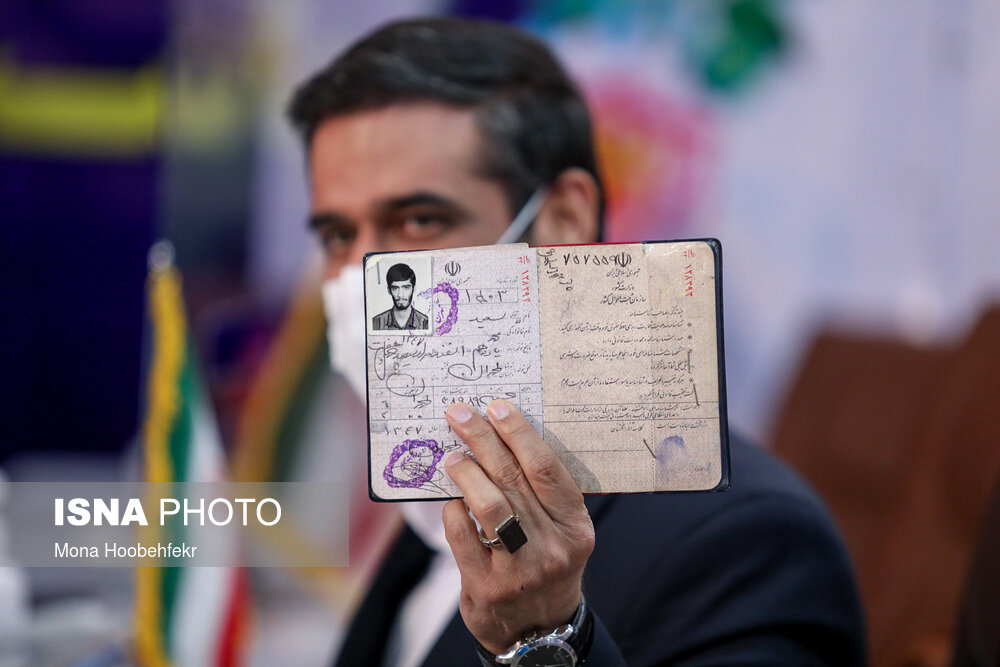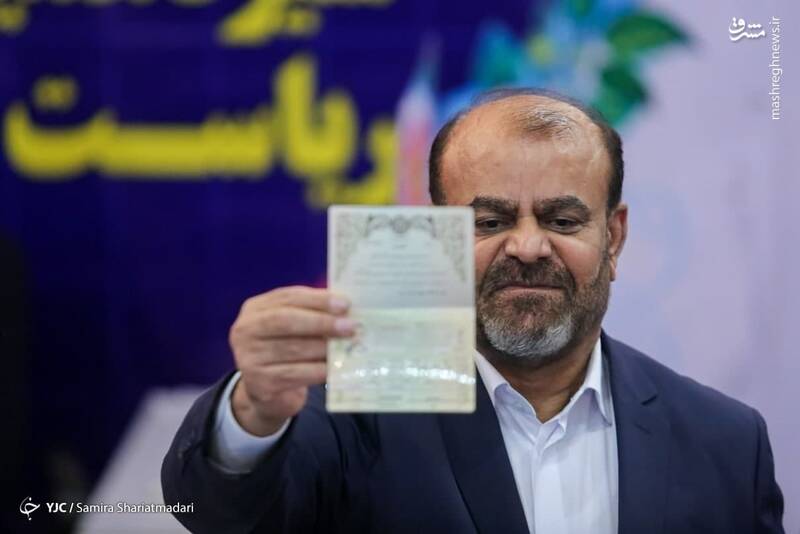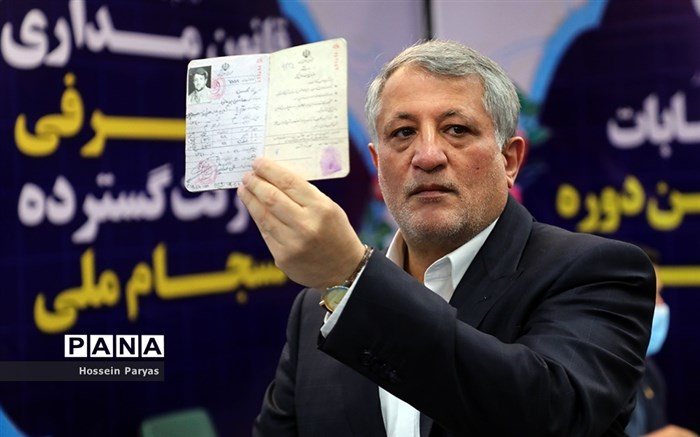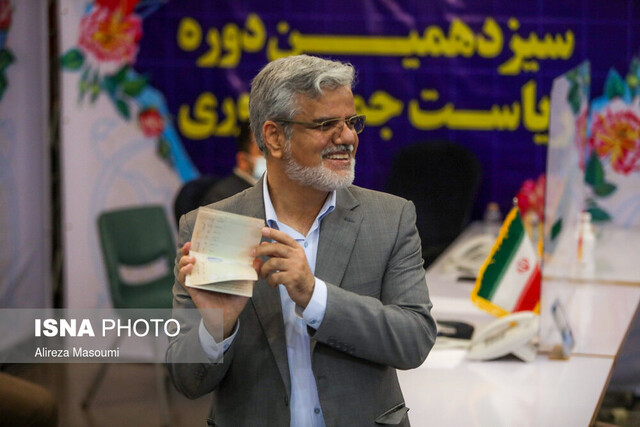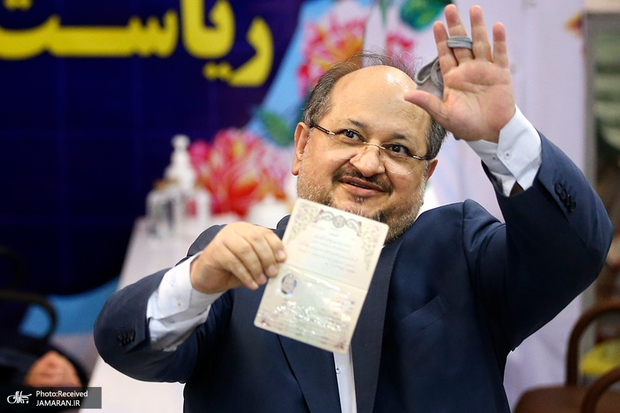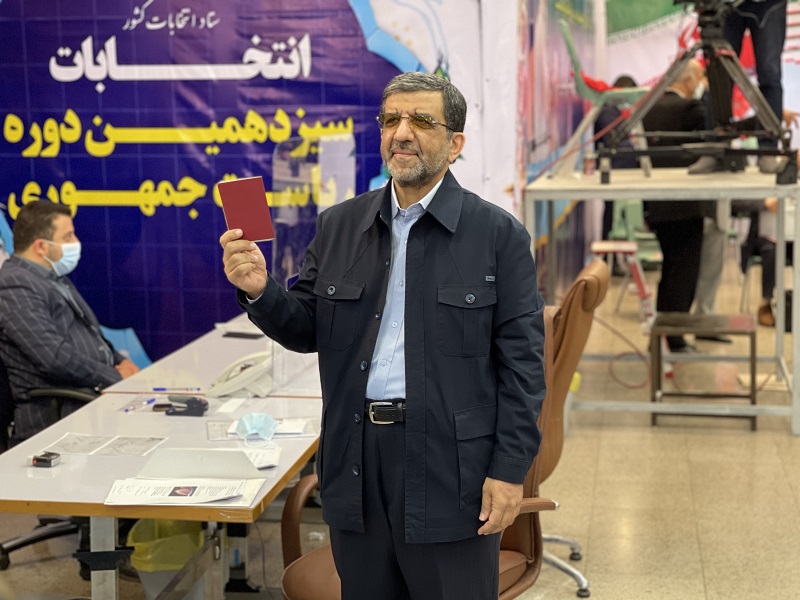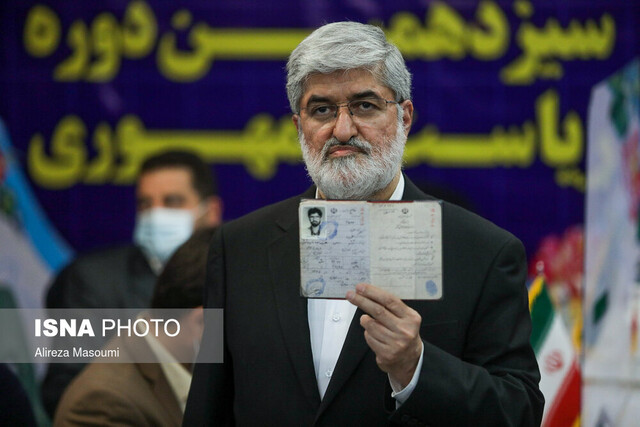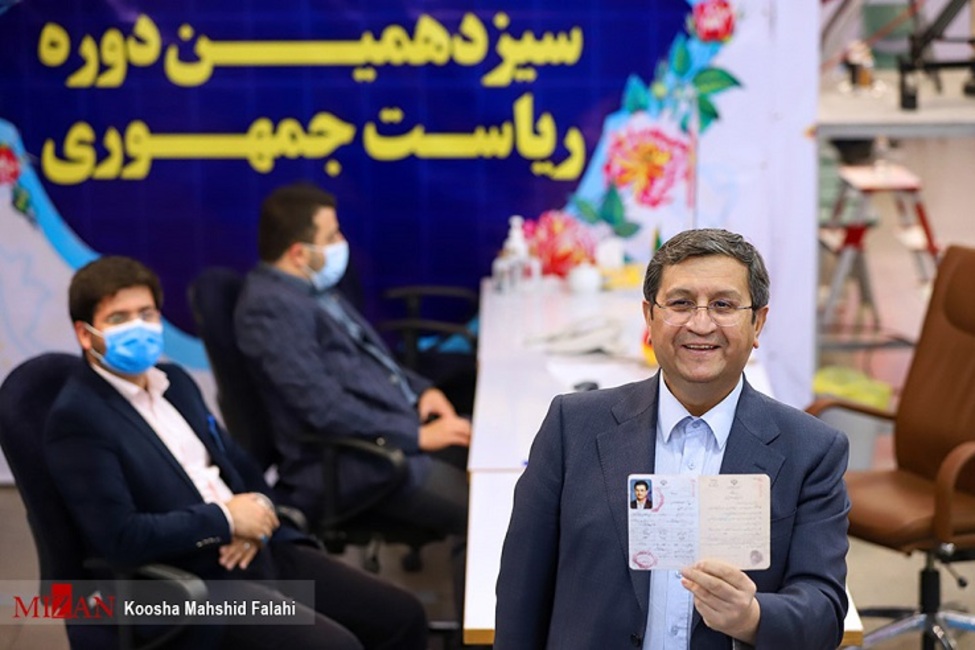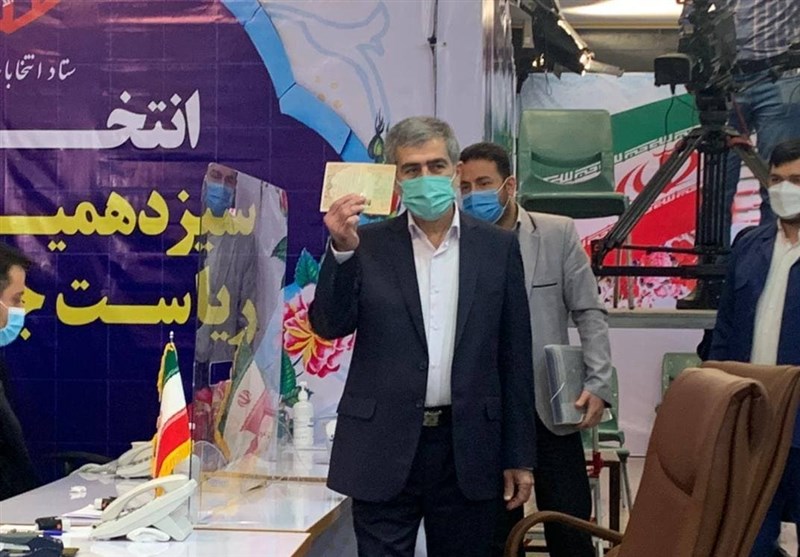The most prominent hopefuls are as follows:
– Seyyed Ebrahim Raisi, the incumbent Judiciary Chief and a conservative rival of Hassan Rouhani in the 2017 presidential elections.
– Es’haq Jahangiri, the incumbent first vice-president and a senior reformist politician
– Ali Larijani, the former Parliament speaker and a moderate conservative politician
– Mahmoud Ahmadinejad, the former president of Iran who has turned into a critic of the Establishment in recent years
– Saeed Jalili, the former secretary of Iran’s Supreme National Security Council and former head of Iran’s nuclear negotiating team
– Mostafa Tajzadeh, the former acting interior minister and senior reformist politician who served several years in prison after the 2009 post-election protests
– Brigadier General Hossein Dehqan, the former minister of defence and an incumbent military advisor to Iran’s Leader
– Major General Mohsen Rezaei, the incumbent secretary of Iran’s Expediency Council and a former commander of Iranian forces in the Iran-Iraq war
– Brigadier General Saeed Mohammad, the former commander of the IRGC Khatam al-Anbiya Construction Base
– Brigadier General Rostam Qassemi, the former oil minister and the incumbent deputy head of IRGC Quds Force for economic affairs
– Mohsen Hashemi Rafsanjani, the incumbent chairman of Tehran’s City Council with close ties to the reformists’ camp
– Mahmoud Sadeghi, a reformist politician and lawyer and a former lawmaker
– Mohammad Shariatmadari, the incumbent minister of labour and welfare
– Ezzatollah Zarghami, the former head of Iran’s state broadcaster IRIB
– Ali Motahari, the former vice-speaker of Iran’s Parliament
– Abdolnasser Hemmati, the incumbent governor of Iran’s Central Bank
– Fereydoun Abbasi, the former head of Iran’s Atomic Energy Organisation and a current lawmaker
– Abbas Akhoundi, the former transport minister
– Masoud Pezeshkian, a reformist politician, an incumbent lawmaker, and a former vice-speaker of Iran’s Parliament
